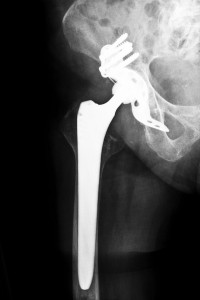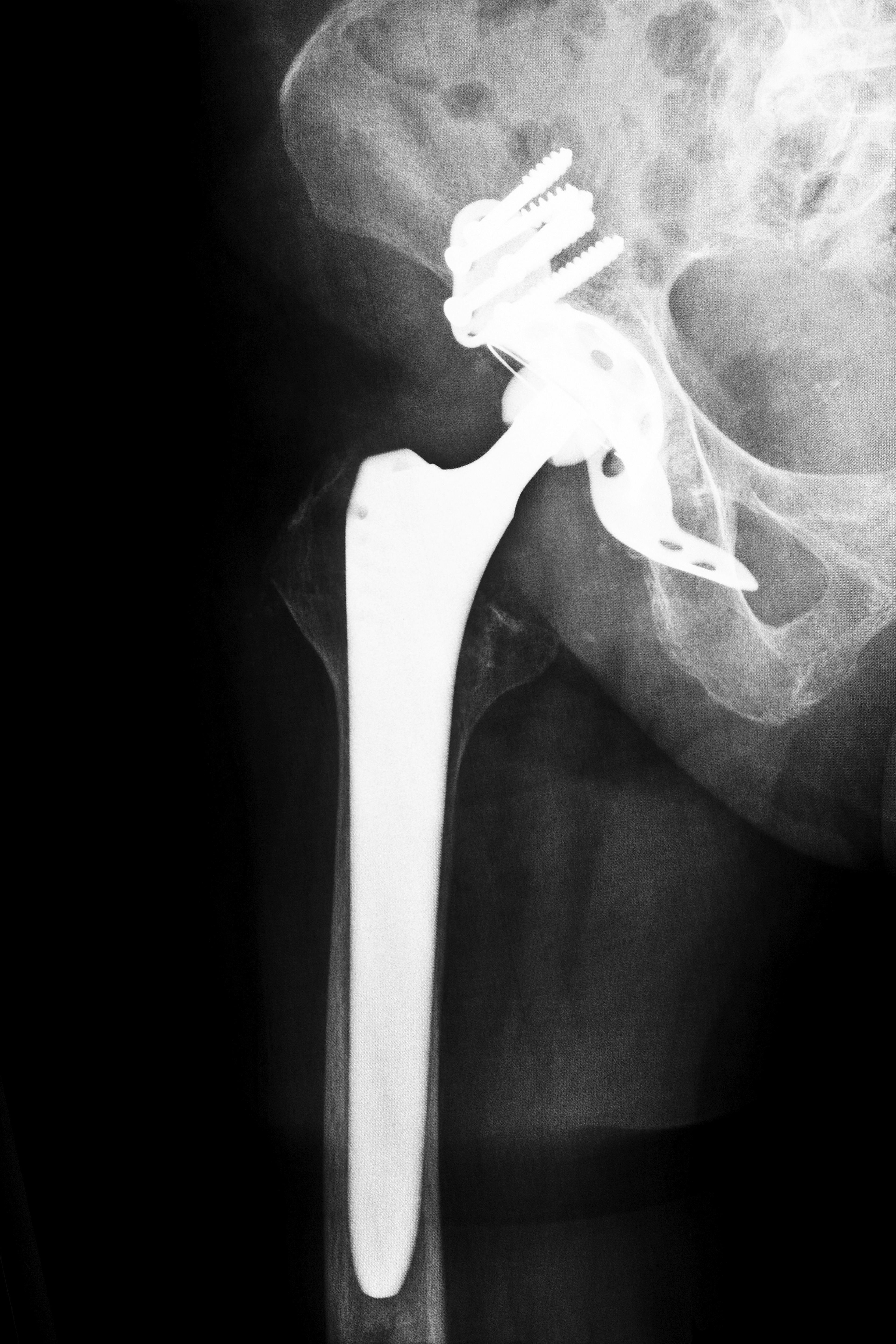 In December 2013, Stryker Orthopedics reached a settlement over the company’s Rejuvenate and ABG II modular-neck hip stems after recipients claimed that the devices caused them to suffer adverse side effects. Similar allegations were made against DePuy Orthopaedics, who reached a $2.5 billion settlement involving more than 8,000 lawsuits over its ASR hip implant and who is currently facing more than 5,700 lawsuits pertaining to its Pinnacle hip system.
In December 2013, Stryker Orthopedics reached a settlement over the company’s Rejuvenate and ABG II modular-neck hip stems after recipients claimed that the devices caused them to suffer adverse side effects. Similar allegations were made against DePuy Orthopaedics, who reached a $2.5 billion settlement involving more than 8,000 lawsuits over its ASR hip implant and who is currently facing more than 5,700 lawsuits pertaining to its Pinnacle hip system.
While hip replacement procedures are some of the most commonly performed surgeries in the U.S., thousands of recipients are alleging complications and filing lawsuits against the manufacturers of the allegedly defective devices. If you or someone you love in Texas has been injured and you feel that the complications are the result of a metal-on-metal hip implant, contact Attorney Group for Texas today for more information about pursuing a claim for compensation.
The Most Common Types of Hip Replacements
- All-ceramic: First introduced in the early 1980s, it was only recently that ceramic-on-ceramic types of hip replacements were approved by the FDA. These implants are made entirely out of ceramic and are designed with a smoother, more wear-resistant surface.
- All-metal: Similar to all-ceramic implants, metal-on-metal devices consist of all-metal components and are typically manufactured with titanium, stainless steel, cobalt or chromium. The all-metal parts are intended to provide a greater range of motion and are, in general, more resistant to wear than other types of hip replacements.
- Ceramic-on-metal: These types of hip replacements feature two components, a ceramic femoral head and a metal acetabular cup. Those with an active lifestyle may not be the best-suited for this type of device as the range of motion may be inhibited by the combination of materials.
- Metal and plastic: In a procedure involving an implant made of metal and plastic, a surgeon inserts a plastic polyethylene spacer in between the metal parts that make up the ball and socket of the patient’s hip joint.
Medical Device Manufacturers Named as Defendants
If you live in Texas and faced complications that you believe were the result of an all-metal hip replacement device, you may be eligible to join the thousands of plaintiffs who are currently filing lawsuits against several manufacturers of metal-on-metal implants. Wright, Stryker Orthopedics, DePuy Orthopaedics, Zimmer and Biomet have all been named as defendants in litigation proceedings currently pending throughout the U.S. as patients allege that several of these manufacturers’ types of hip replacements caused serious complications such as:
- Infections
- Damaged joints and tissues
- Neurological damage
- Metallosis, or metal poisoning
- Difficulty walking or standing
- Bone fractures
- Swelling, discomfort and pain
- Early device failure
The most common of these complications, early device failure, may cause a patient to undergo an emergency revision or removal procedure to correct the problems associated with the implant. In many cases, plaintiffs claim that these subsequent surgeries are more complex and painful than the initial implantation process. Plaintiffs are filing lawsuits in an attempt to seek compensation for their injuries to help to pay for the added and unexpected medical expenses, lost wages and pain and suffering that they are allegedly facing.
Do You Have a Case? Contact Us Today
If you or someone you love in Texas has been injured by a metal-on-metal hip implant, contact Attorney Group for Texas to learn more about your options. We can help answer questions and assist you in determining whether you have a claim. We can also put you in touch with an affiliated Texas attorney who understands the lawsuits surrounding certain types of hip replacements and who can work to help you seek the compensation to which you may be entitled. The time to pursue a claim is limited, so it is important to seek legal counsel as soon as you feel you may have a case.






